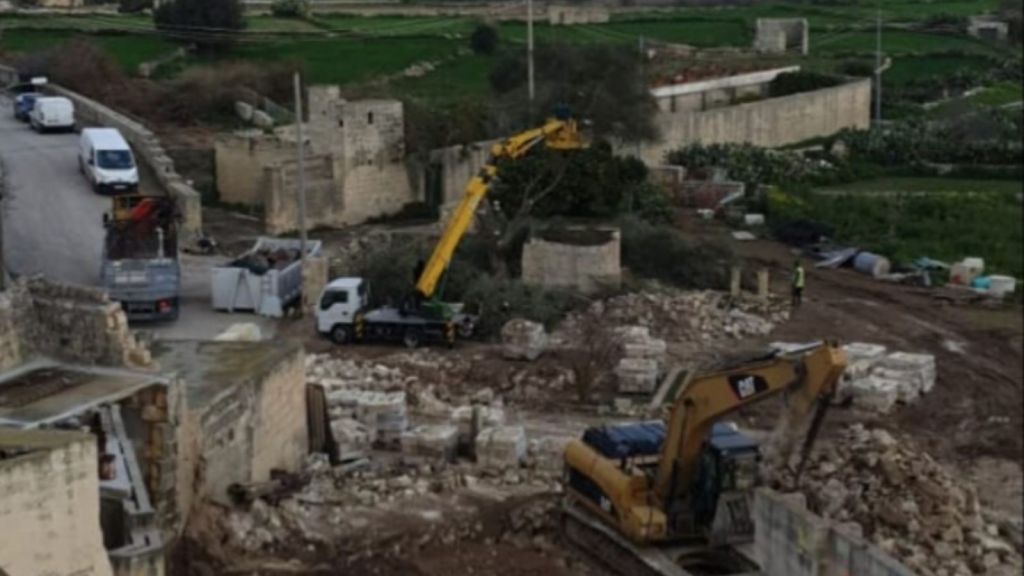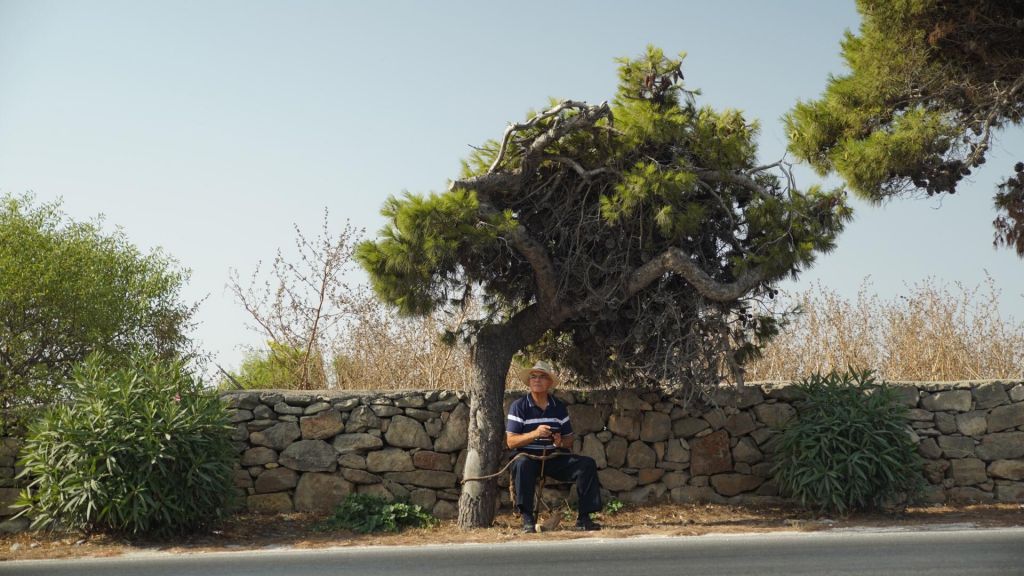GUEST POST: Why Malta’s Corruption And Clientelism Problem Is Damaging Our Environment

At environmental protests in Malta you will sometimes find the quote from the late Daphne Caruana Galizia ‘Where environmental destruction is greatest so is corruption’.
This isn’t a case of apples and oranges. Corruption significantly hampers the state’s ability to respond to the climate crisis, often redirecting resources elsewhere and undermining environmental protection.
In this sense, the changes that we need to make to tackle the climate crisis go beyond changes to our lifestyle. For a state to be able to efficiently tackle the climate crisis, it should also aim to limit corruption.
Where corruption is involved, the environment is often the first victim. Where we see dubious planning decisions being taken – whether in the form of development permits or government projects – it is the environment that has consistently suffered. Planning permits are issued with little attention to their cumulative environmental impact, while the environment is given little importance in many government projects.

Construction works for the Central Link project
Unfortunately, arbitrariness is rife in the planning sector. Applications seem to consider political affiliations more than they do environmental impacts. The proposed Qala development, which would have seen a ruined room turn into a villa, sent the message that these institutions are not acting in the interests of society.
Now, the Central Link Project is set to upheave the lives of farmers and even residents. Protests and a slew of criticism did not deter Infrastructure Malta from commencing work despite a pending court case. 450 trees are facing the chop, each ominously marked with a red cross, but Infrastructure Malta tells us that actually, a handful will be spared.
Construction is not inherently negative. If done properly, it generates income, boosts the economy, and could make places more liveable. But the way neighbourhoods are being built seem to forget that the environment we live in affects our mental well-being. Ironically, promoters of projects with adverse environmental impacts may end up suffering from their actions as all our well-being suffers as a result. Standing up for the environment is thus in our best interests.
Just because negative effects are not always obvious or immediate does not mean policy-makers should ignore them. Bad planning doesn’t just have local effects, but contributes to the growing climate crisis.

A man ties himself to a tree in protest against the Central Link project
There is a pervasive short-termism and ‘get rich quick’ type of thinking in our society which has propagated a culture money takes precedence over both the environment and local communities. There is a hyper-individualism at play that disregards the interests of the wider community and often also the interests of the people making these decisions. Projects and planning decisions that adversely affect the environment also indirectly harm all of us – often unequally – but also without exception. We are all affected.
Maltese public opinion seems to be infected with the idea that corruption is justified, and that it’s required as a way to get ahead in life. But corruption on an institutional scale, as suspected in deals like the Delimara station, the hospital privatisation, or the American University of Malta, hemorrhage vast sums of money from the public purse, money which would have found better use tackling the climate crisis rather than deteriorating our environment further.
On a smaller scale, pjaċiri is a way of life to get ahead.As Godfrey Anthony Pirotta argued in an article last year, clientelism is deeply ingrained in Maltese culture and has a pervasive influence on our lives. It is clear that we need wider cultural and institutional changes if Malta is to take this problem seriously.
Our education system fails in providing an approach to critical democratic engagement, so clientelism continues to be tolerated. This is symptomatic of a broader systemic failure which places corruption as a basis for voting, as a desirable thing which delivers social and economic conveniences.
Many will rightly point out that it is impossible to completely eliminate corruption and clientelism. They have also often suggested political measures which aim to reduce them. They include reducing the number of MPs, increasing their wages and making them full-time.

A recent guerilla gardening protest by Extinction Rebellion Malta on the Central Link site
In adopting these measures, one of the principal incentives for corrupt practices would be tackled – the desire for money – while also increasing the chances of electing candidates who will work for the interests of the broader population. Tackling clientelism is trickier when it is deeply ingrained in our culture. Strengthening checks and balances may reduce the influence of clientelism in politics.
For a state to tackle the climate crisis, it needs to function properly. As corruption and clientelism limit a state’s ability to respond to crises by redirecting resources and reducing meritocracy, a state should aim to keep these to a minimum.
Wider cultural change in which people actively stand up for the environment is also a way in which we can safeguard it against abuse. To be able to successfully tackle the climate crisis, we will need to make sure that the state is serving our interests not just the friends of friends (‘il-ħbieb tal-ħbieb’) of those in power.
The environment is a non-human entity. Now more than ever, it calls for each one of us to be its voice.
Miguel Azzopardi is a history student at the University of Edinburgh and a climate activist with Extinction Rebellion Malta.
Lovin Malta is open to external contributions that are well written and thought provoking. If you would like your commentary to be featured as a guest post, please write to [email protected] and add Guest Commentary in the subject line. Contributions are subject to editing and do not necessarily represent Lovin Malta’s views.
